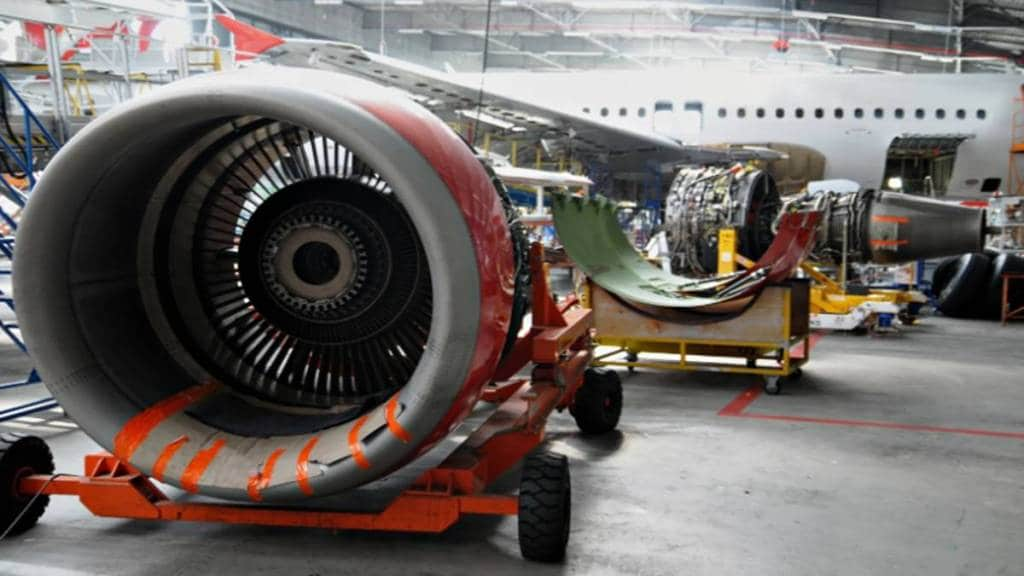Artificial intelligence (AI) and digital twin technologies are set to redefine aircraft manufacturing and operations by 2035, according to a new Tata Consultancy Services (TCS) survey of over 320 aerospace executives across Europe and North America.
The Future-Ready Skies Study 2025 found that one in three aerospace leaders see AI-driven real-time decision-making as the biggest driver of industry change, while nearly two-thirds are open to deploying “agentic AI” to manage supply chains.
Hybrid future ahead
The report points to a hybrid future, in which human expertise remains central with 60% of processes expected to still require human involvement even as automation expands.
The report also highlighted that digital twins and robotics will act as critical enablers.
MRO segment aims for AI gains
The maintenance, repair and overhaul (MRO) segment is also in transition. While only 5% of providers have scaled their digital strategies sufficiently, 64% expect measurable returns from predictive analytics and AI within five years.
“A critical finding is that less than a third (28%) of aerospace firms say they could pivot sourcing within 30 days of a Tier-1 disruption, exposing the fragility of today’s supply chains,” the report highlighted.
While the segment is laying the groundwork for automation, TCS’ findings revealed that only 2% leaders anticipate having fully automated process by 2030.


